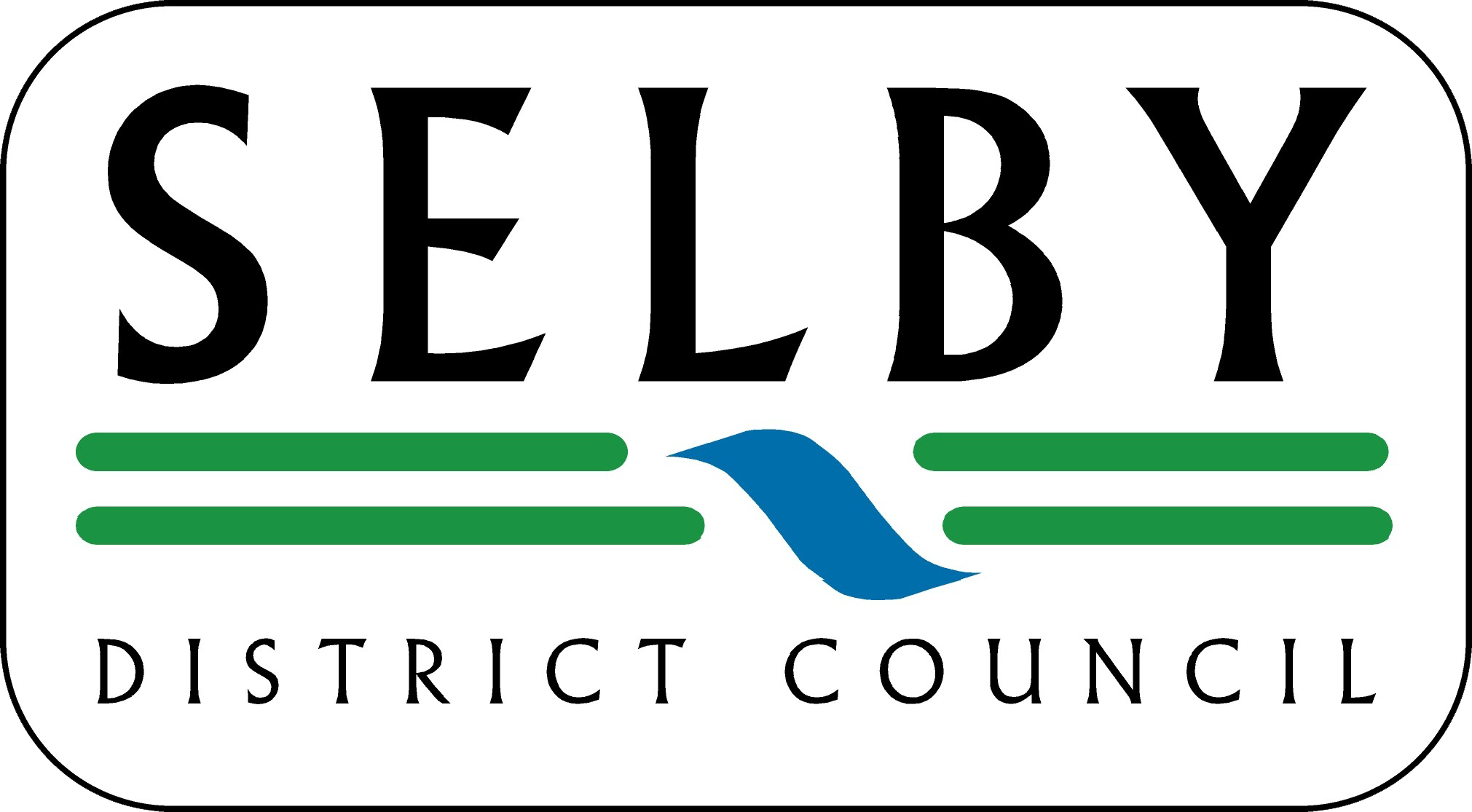Agenda item
Motions
Motions Process:
- No speeches may be made after the mover has moved a proposal and explained the purpose of it until the motion has been seconded.
- When seconding a motion or amendment, a councillor may reserve their speech until later in the debate.
- Speeches must be directed to the motion under discussion or to a personal explanation or point of order. No speech may exceed five minutes without the consent of the Chairman.
- A councillor who has spoken on a motion may not speak again whilst it is the subject of debate, except:
a) To speak once on an amendment moved by another councillor;
b) To move a further amendment if the motion has been amended since he/she last spoke;
c) If his/her first speech was on an amendment moved by another councillor, to speak on the main issue (whether or not the amendment on which he/she spoke was carried);
d) In exercise of a right of reply (see Rule 15.9 of the Constitution);
e) On a point of order (see Rule 15.12 of the Constitution); and
f) By way of personal explanation (see Rule 15.13 of the Constitution).
- For amendments, please refer to Rule 15.6 of the Constitution.
There have been two motions submitted for consideration. These are outlined at 11.1 and 11.2 of the agenda.
Minutes:
It was noted that two motions had been submitted for discussion. The first motion submitted was as follows:
‘That this Full Council agrees that Selby District Council should move from an Executive Structure to a modern Committee based structure that recognises the primacy of the Full Council and in which every elected Councillor plays a full and meaningful part in the Council decision making process.
That a Working Party under the leadership of Chairman of the Scrutiny Committee, working with senior officers, is tasked with putting forward recommendations to this Full Council that enable the changes to occur as soon as possible.’
Councillor Mary McCartney proposed the motion and explained that approving the motion would ensure a fairer method of governance, rather than the current model where decisions were made by five Members.
The motion was seconded by Councillor John McCartney.
Discussion took place on the motion and comments were made by Members in support and against the motion.
In opposition to the motion, Members noted that the same motion had been considered six months ago and urged that it was not brought back again. Some Members stated that approving the motion would mean the Council returning to an antiquated committee system, causing Council business to take longer and decisions being taken in an ineffective way; slower decision making would hinder the progress of the Council.
In support of the motion, Members argued that the current system created two ‘classes[‘ of Councillor. As a result, this limited the engagement of many Members in the decision-making process. It was also felt by some Councillors that the powers of the Scrutiny Committee were too limited in affording proper examination of the work of the Executive.
A vote was taken on the motion, with 16 against, 14 in favour and 1 abstention. The motion was therefore rejected.
RESOLVED:
To refuse the above motion.
The second motion submitted was as follows:
“Background
A new
definition of anti-Semitism
was adopted by the International Holocaust Remembrance Alliance
(IHRA) in Bucharest in 2016 - ‘Anti-Semitism is a
certain perception of Jews, which may be expressed as hatred toward
Jews. Rhetorical and physical manifestations of anti-Semitism are
directed towards Jewish or non-Jewish individuals and/or their
property, towards Jewish community institutions and religious
facilities.’
The UK Government announced on December 11th, 2016 that it would sign up to the internationally recognised IHRA guidelines. Over 100 councils across the UK have adopted the definition.
Proposal
The Leader proposes the following motion:
That Council notes:
The new definition of anti-Semitism is an important tool for public bodies to understand how anti-Semitism manifests itself as it gives examples of the kind of behaviours which can constitute anti-Semitism.
Adopting the new definition will:
· Demonstrate the Council’s commitment to ensuring everyone in the District is treated with the respect they deserve;
· Make it clear that hatred of any kind, including anti-Semitism or discrimination against people for their beliefs has no place in our communities;
· Support the Council’s obligations under the Equality Act 2010, and its responsibilities under the Public Sector Equality Duty, to demonstrate due regard and to:
o Eliminate unlawful discrimination, harassment and victimisation and other conduct prohibited by the Act.
o Advance equality of opportunity between people who share a protected characteristic and those who do not.
o Foster good relations between people who share a protected characteristic and those who do not.
That Council therefore commits to: adopting the
International Holocaust Remembrance Alliance (IHRA) definition of
anti-Semitism:
‘Anti-Semitism is a certain perception of Jews, which may be expressed as hatred toward Jews. Rhetorical and physical manifestations of anti-Semitism are directed towards Jewish or non-Jewish individuals and/or their property, towards Jewish community institutions and religious facilities.”
The Leader proposed the motion and expressed his support for it.
The motion was seconded by Councillor R Packham, who added that the Council and Members must demonstrate their dedication to the sentiments within the motion and act where it was needed.
Discussion took place on the motion and comments were made by Members in support of the motion.
Some Members expressed their concern that anti-Semitism was again becoming more prevalent and emphasised the importance of every individual being able to practice their religion. There was some debate around the separation of anti-Semitism with criticism of the state of Israel, but the overwhelming opinion of Members was that this motion should be adopted.
A vote was taken on the motion, with all in favour; the motion was therefore agreed.
RESOLVED:
To agree the above motion.
Supporting documents:
